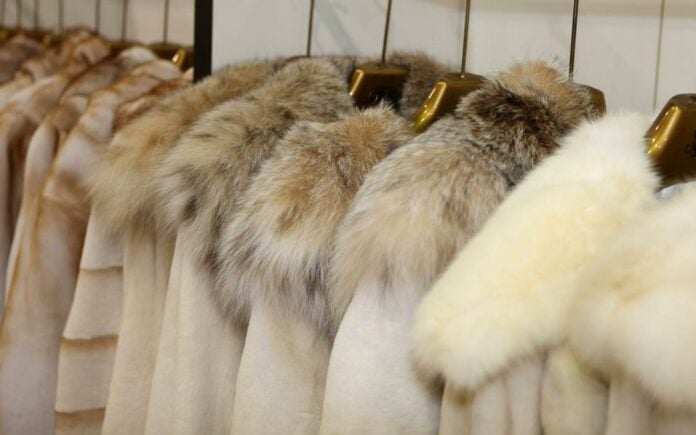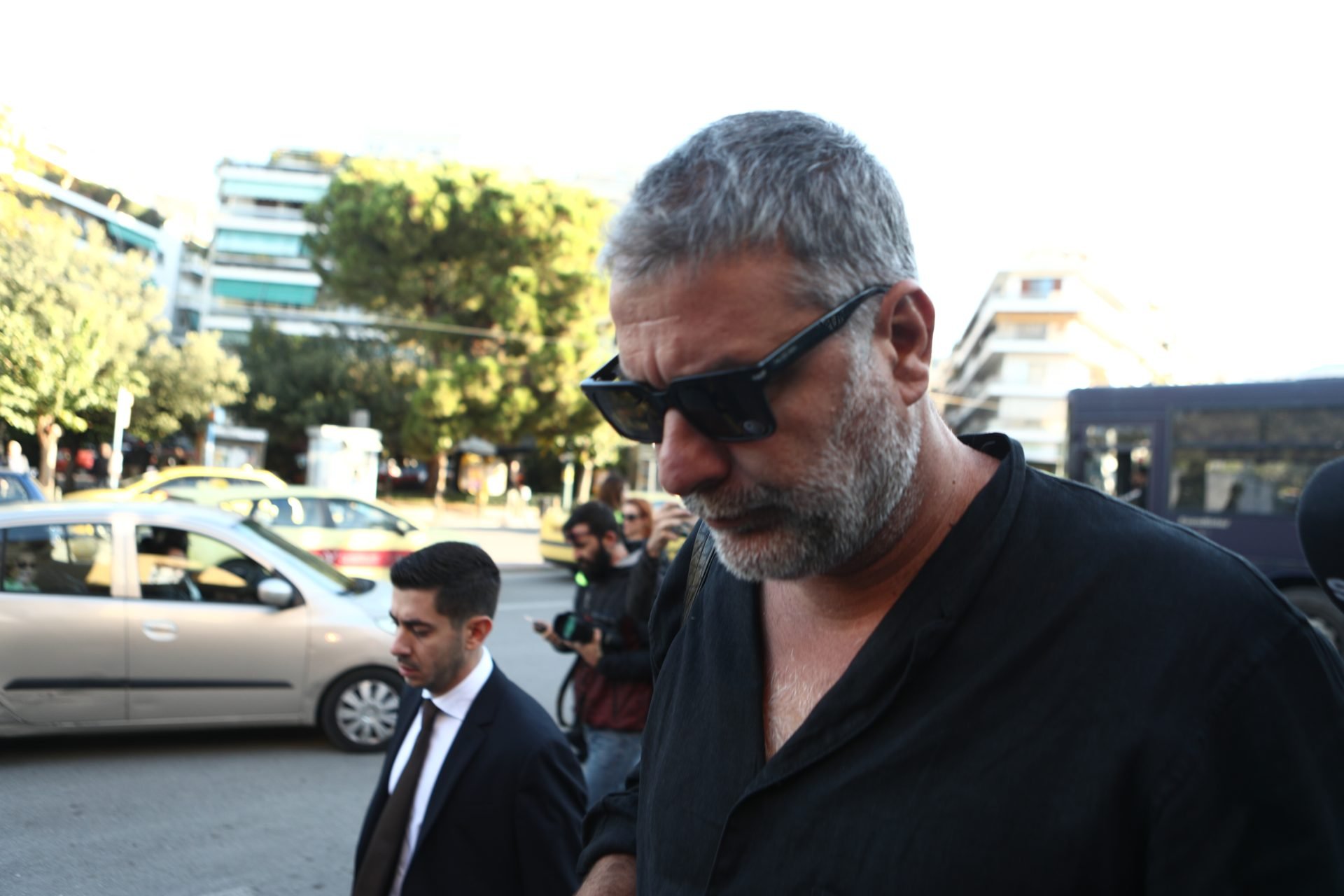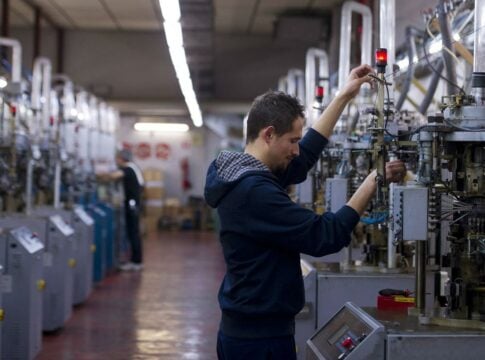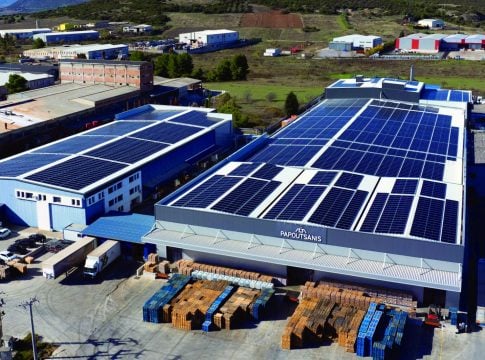The approximately 500 remaining active fur companies in western Macedonia are sending out a warning signal, as expectations for an end to the war in Ukraine have been completely dashed in practice and this year is closing with continued steep losses in exports and turnover.
This year’s Kastoria International Fur Fair may have gone well, as the president of the Kastoria Furriers’ Association and the Greek Fur Federation, Apostolos Tsoukas, noted to “N”, but unfortunately there has been no other positive development.
On the contrary – as he added – “unfortunately all doors have been closed” and there is no new market that has the same potential as that of Russia.
If, in fact, the promise made by the government for new aid-support for the sector is not implemented, then according to Tsoukas, half of the aforementioned 500 businesses will be led to a lockdown and this promise has already been given for over a year and a half (ed. at the beginning of 2024) but has not yet been implemented.
The approximately 500 active businesses in question employ approximately 2,000 staff, of which approximately 400 are on suspension of work and also approximately 400 are employed in the primary sector, i.e. on fur animal farms.
As Tsoukas pointed out, the irony of the EU countermeasures to Russia is that exports of fur pelts to the Russian market are allowed, but not of finished fur garments. Furthermore, while the furriers of Western Macedonia have the raw material on site as the region is the second largest producer of fur pelts internationally (with approximately 60 fur farms), they cannot exploit it, since sales have plummeted, as Russia has always been the number one market for Greek fur and Ukraine the second largest market for the sector’s exports.















